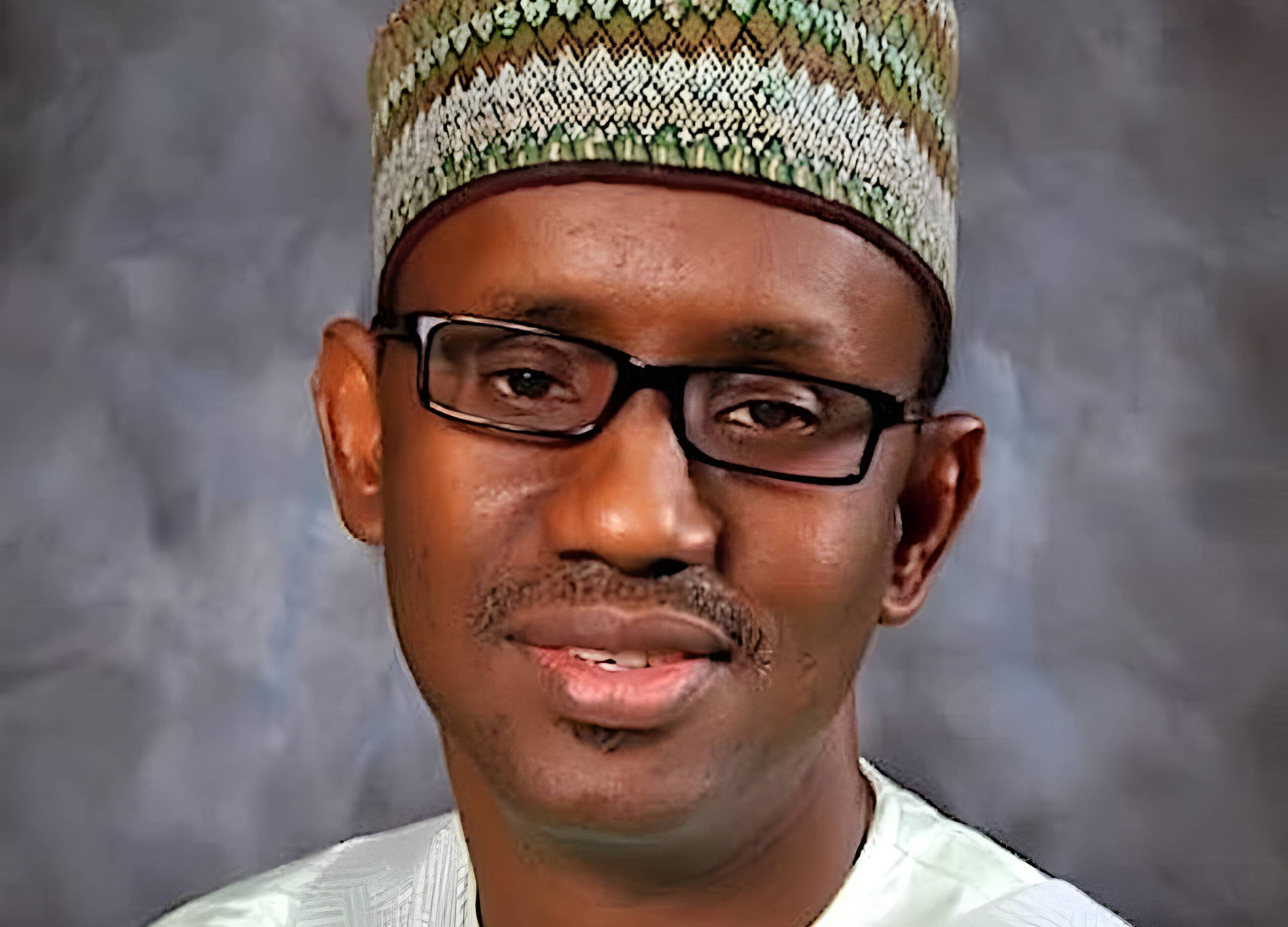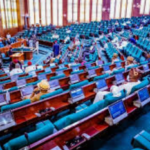
He also said since the coming of this administration, the country has not had any organised terrorist attacks, adding most of the roads hitherto unsafe for commuters are today secure for travellers at any time of the day.
Ribadu, said this while delivering a paper titled, “Navigating the Maze: Addressing Multi-Dimensional Insecurity Challenges in Northern Nigeria” at the combined convocation lecture of Usmanu Danfodiyo University Sokoto on Thursday.
He said, “Since assuming office, we have successfully freed over a thousand individuals, many of whom were villagers held captive for as long as two to three years.
“We have successfully secured the release of abducted students from the Federal University of Gusau and school children in Kuriga, among others.
“These results were achieved without paying any ransom. Our approach utilizes evidence as the foundation of our non-kinetic strategies.”
He also expressed concern over the high level of poverty rate in Northern Nigeria, especially the Northwestern states.
He said as of 2019, the region had the highest poverty rate in the country, surpassing the national average of 40.1 per cent and that about 87.73 per cent of the population lives in poverty.
He further disclosed that unemployment rates in the Northern region can exceed twenty per cent, presenting a stark contrast to the more industrially diverse and economically vibrant southern regions.
He said, “The illegal arms market in Northern Nigeria has seen a marked increase in demand and supply.
“Criminals and traffickers have developed sophisticated networks to transport illegal arms across Nigeria, deploying innovative methods to circumvent security checks.”
He however assured that the Tinubu-led administration in combating the menace of both insecurities and poverty has developed a holistic framework that seeks to comprehensively address various aspects of insecurity.
He said, “This agenda includes provisions for bolstering security initiatives, promoting socio-economic development, and fostering inter-communal dialogue to address grievances and foster reconciliation.
“Through the Renewed Hope Agenda, the government aims to tackle the underlying causes of insecurity by addressing issues such as poverty, unemployment, social marginalisation and ethnic tensions.”
He further said by implementing targeted intervention and reforms, the government seeks to create an environment conducive to peace and stability in Northern Nigeria.
Ribadu further said President Bola Tinubu was deliberate in appointing northerners to top security positions, aiming to involve those with proximity to the issues in crafting solutions.
He said, “This role is not a tea party, it is a demanding job that requires dexterity, hard work, and consensus building across security and political structures.
“The figures we encountered in terms of both attacks and casualties in May 2023 were heart-wrenching. As recently as 2022, Nigeria witnessed four major terrorist attacks: the attack on the Abuja – Kaduna train, an attack on the Guards Battalion in Abuja, the Kuje Prison attack and another at a Church in Owo, Ondo States.
“Many roads in these parts of the country were unsafe due to daylight operations by criminal elements by criminal elements.”
He further said the government has strengthened the administration of criminal justice by reopening trials of Boko Haram terrorism suspects detained in Kanji and other locations across the country, with prosecutions now underway in eight different courts.
He said, “On the kinetic front, the Nigerian military is conducting numerous operations targeting insurgent groups like Boko Haram and Bandits operating in Northern Nigeria.”





